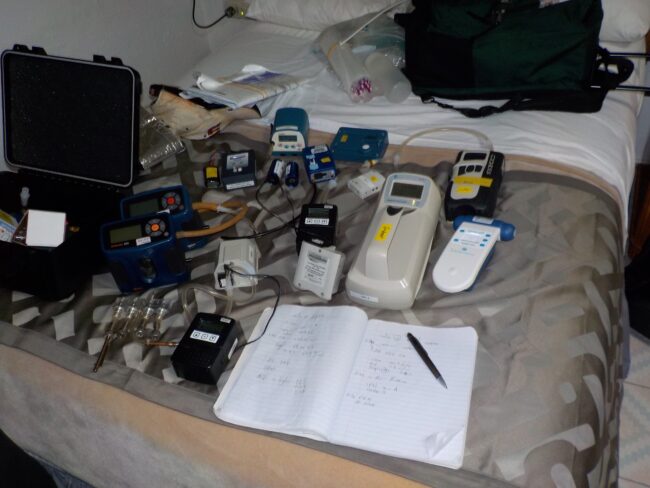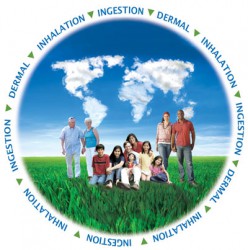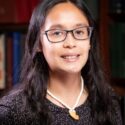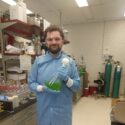Menu
The field of Exposure Science is defined as human contact with chemical, physical or biological agents occurring in their environments, and advances knowledge of the mechanisms and dynamics of events either causing or preventing adverse health outcomes.
Exposure Science is a critical component in the examination of potential health effects caused by human contact with pollutants in our daily lives. It is a multidisciplinary science used to determine the frequency and intensity of human contact with a toxic agent in single or multiple media using indirect measurement (such as microenvironmental measurements, questionnaires, and video technology), direct personal monitoring, and biological monitoring. It evaluates exposure from all modes through which contaminants may travel. Exposure Science and its assessment interface with the clinical disciplines of toxicology, epidemiology, traditional environmental science. and risk assessment.
For information about curriculum, faculty, and applying to the JGPES program, please visit the Graduate Program in Environmental Sciences Exposure Science Option.
Technician in gear with monitors
PMI impactor hand pump
Bioaerosol sample collector
Previous slide
Next slide


JGPES Post-Doctoral Fellowships
The Joint Graduate Program in Exposure Science (JGPES) of the Graduate Program in Biomedical Sciences of Robert Wood Johnson Medical School and the Department of Environmental Sciences of Rutgers is now accepting applications and nominations for post-doctoral Fellowships. These are available as part of the first ever Training Grant in Exposure Science awarded to the program by the National Institute of Environmental Health Science.
This unique academic program established in 1993 provides students and fellows instruction and research experiences examining human contact with chemical, physical and biological agents or products, and the relationships of such contacts with human activity patterns and health outcomes. Program Fellows will be guided by world renowned faculty and will have access to state-of-the-art research equipment for physical, biological and chemical analysis, and mathematical modeling. On-going research projects have an overarching goal to provide the scientific basis for making public health decisions regarding human contact with various environmental agents. The above is accomplished through the measurement and prediction of how, when, where and why exposures to environmental agents occur and enter the body, and how the dose is dispersed throughout the body. Computer models and field studies also investigate how contaminants are distributed throughout large populations. Fellows will participate in one or more aspects of exposure science research during their training.
The NIEHS Fellowship is for US Citizens Only.
Minorities are Encouraged to Apply.
For more information contact:
Dr. Gediminas “Gedi” Mainelis
Department of Environmental Sciences
14 College Farm Rd., New Brunswick, NJ, 08901
848-932-5712
mainelis@envsci.rutgers.edu
JGPES Students

Leonardo Calderon
Ph.D. Student
Advisor: Dr. Gediminas Mainelis






Copyright © 2021, Rutgers, The State University of New Jersey






